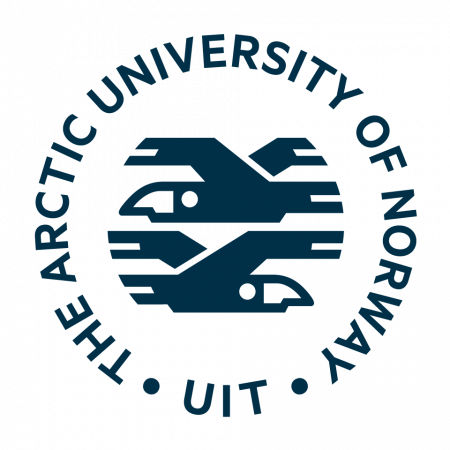Contemporary Risk and Crisis Management - master
During the first year, students will have compulsory courses to learn about the core debates and perspectives in the fields of societal security, climate change and resilient societies, risk and safety management, crisis, and disaster management, in addition to research methods. This provides students, first, with an overview of the sources and nature of current threats and risks. Moreover, students are provided with theories, methods and strategies on how to manage these threats in different international contexts. This comprehensive and holistic approach provides a global perspective for students of risk and crisis management. The second year focuses on applying these perspectives to research and the Master Thesis project. The thesis projects are designed individually by the students supported by supervisors.
